-----
Part II of this three-part series takes us to
Since initially being elected Prime Minister in 1980 Robert Mugabe has moved to consolidate power and committed egregious violations of human rights to maintain it, including but not limited to:
- Rigging elections
- The forced relocation and evictions of minorities, notably the recent Operation Murambatsvina or ‘Drive out the Rubbish’
- Systematic discrimination against women, the disabled, and homosexuals
-Curtailing basic needs such as: food, shelter, as well as freedom of movement and residence
-Limiting important political freedoms such as assembly, the press, and participation in civil organizations or opposition parties
While Mr. Mugabe focuses on policies that maintain power and offer short-term solutions, his country long ago collapsed economically and continues to worsen. Simultaneously, he’s obstructing the efforts of outside aid organizations to offer even basic humanitarian relief.
Fast Facts:
1. Robert Mugabe just celebrated his 83rd birthday; average life expectancy in Zimbabwe is 38.
3. Inflation rose from an annual rate of 32% in 1998 to a high of 1,730% on March 10 of this year, which is currently the world’s highest.
4. The ‘official’ unemployment rate in
Operation Murambatsvina is estimated to have affected some 700,000 people. 5,000 - 6,000 are estimated to be housed in ‘transit camps’ while the rest been absorbed into now severely overcrowded households in urban and rural areas or are sleeping outside in small groups scattered across the country.
Learn More By Visiting:
Take Action by:
1. Contacting
2. Contact National Media and tell them you want to see more coverage of the ongoing political crisis in

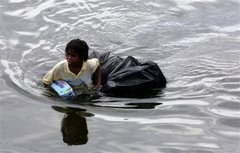
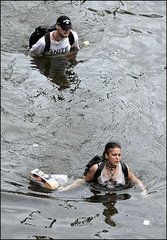


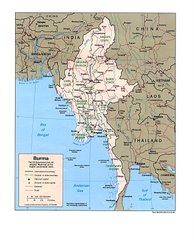
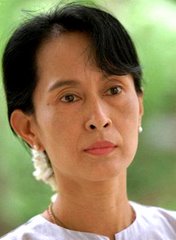
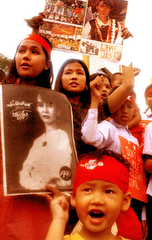
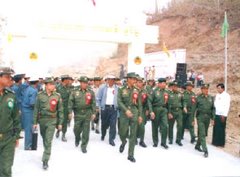
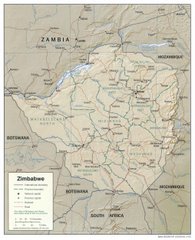
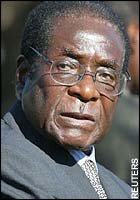
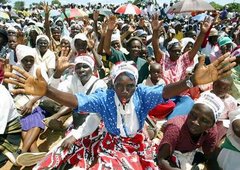
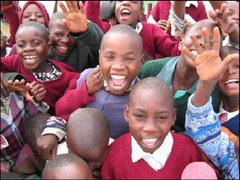
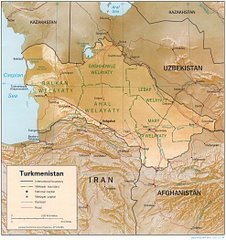
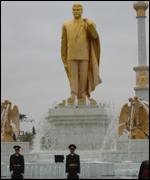
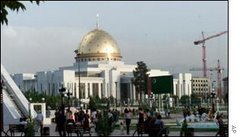


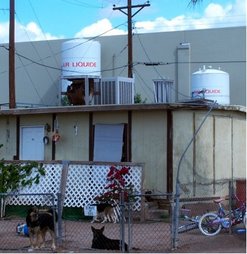
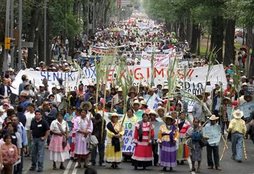
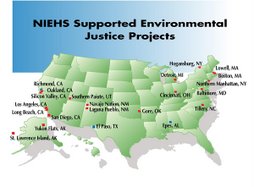
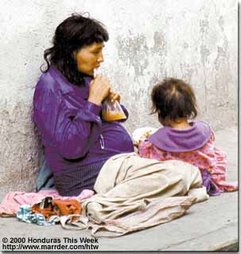
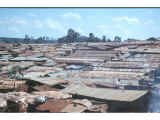
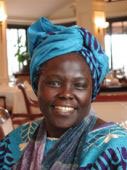
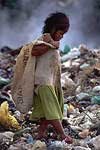
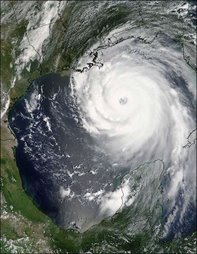
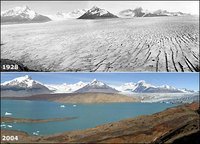


No comments:
Post a Comment